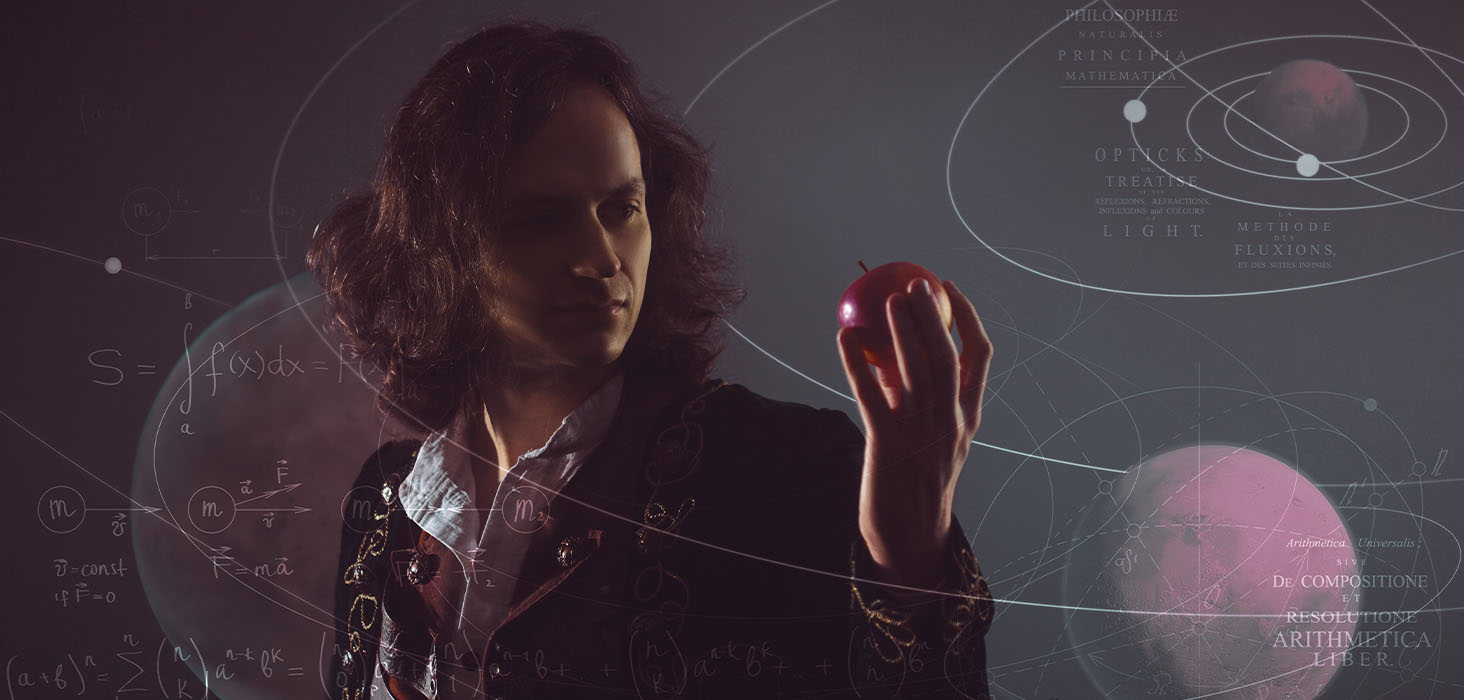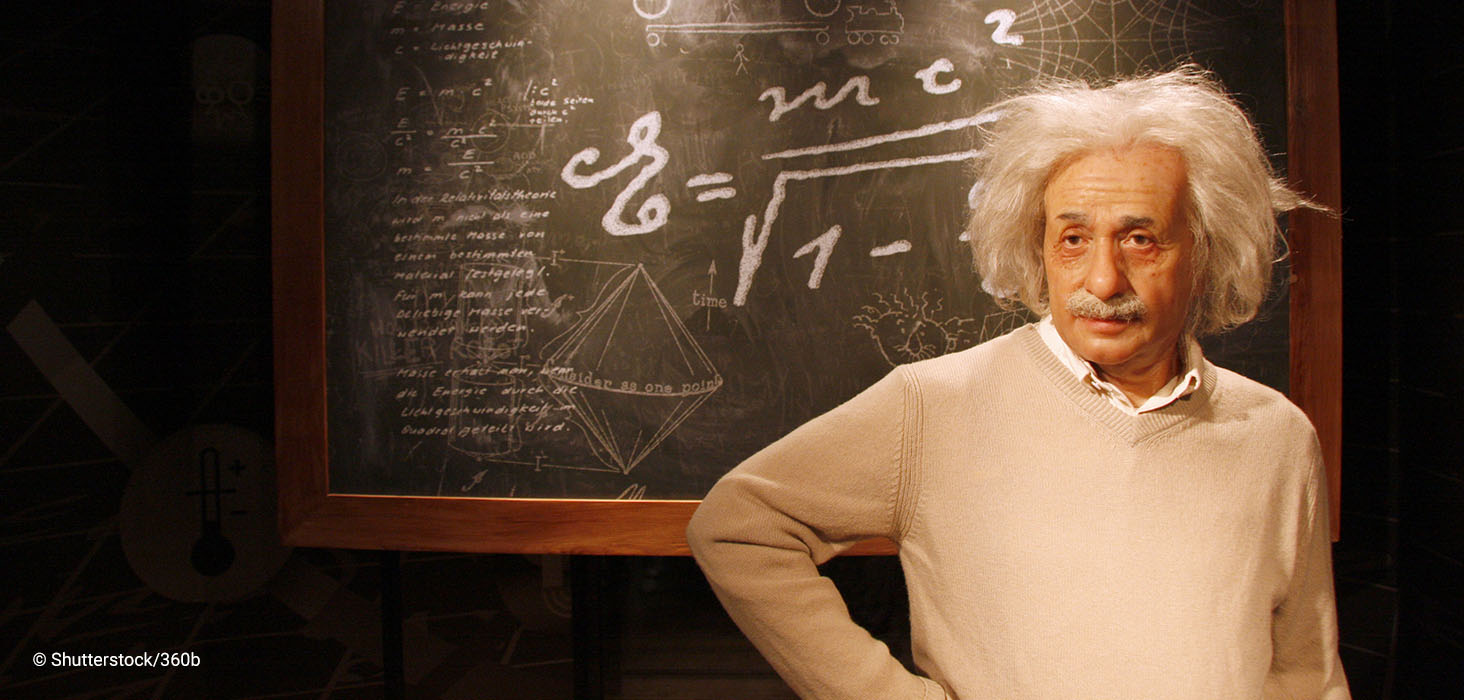History offers so much to our civilization: lessons from the past, context for the present, and the understanding of various cultures across the globe. However, stories from history aren't always the whole story or even partial truths. Historical record keeping is not exact science, as events are prone to bias, personal or otherwise. Record keepers may take excessive liberties in detailing an event or they can simply lie shamelessly to our faces about what actually happened. As the saying goes, "History is written by the victors." Even with our knowledge and understanding expanding by the day, there are myths and misconceptions that stubbornly refuse to vacate the public consciousness and are too readily taken at face value. Let's set the record straight for five of these mistaken beliefs from history.
Pyramid construction

So, who built the pyramids? The Pyramids of Giza are breath-taking examples of human ingenuity. Even after 4,500 years of erosion and frequent abuse as a quarry, the gargantuan buildings inspire awe and reverence in those who lay their eyes upon them – surely, an architectural megaproject like this could only have been realised with slave labour. But archaeological evidence debunks this persistent misconception. The triangular behemoths were actually built by skilled craftsmen, aided by farmers who provided their manpower during the off seasons. Their labour was compensated with tax exemption and food, as well as insurance for a prosperous afterlife.
Columbus’ discoveries

Christopher Columbus' role in history currently undergoes a long overdue revaluation. By now, most people are aware that the Italian seafarer was not the first European to set foot on American soil – Viking captain Leif Erikson beat him to the punch by 500 years. But one myth about Columbus's achievements doggedly clings to life: that he was the man who proved that the Earth is round.
First of all, let's agree that the Earth is, indeed, spherical (well, an oblate spheroid, to be precise). If for whatever reason you think that our planet is a disc, we regrettably must inform you that you're even more ignorant than Columbus's contemporaries. In the 15th century, no one believed that the Earth was flat. The point of contention at that time was the Earth's circumference – and Columbus' calculations were way off in that regard. His travels were guided more by dumb luck than they were by genius.
Newton’s apple

Isaac Newton was undoubtedly one of the greatest minds ever to walk the – still spherical – Earth. He significantly advanced the fields of mathematics and optics and came up with a little thing called the laws of motion and universal gravitation. Legend has it that Newton had his seminal idea of gravity when he was sitting under a fruit-bearing tree and a falling apple made contact with his cranium. You probably know the story. Now try to un-know it: it never happened. It's an embellished version of what Newton actually said about the incident, namely that he was inspired by observing the fall of an apple. His head was completely unscathed.
Newton's theory of gravity would later be replaced by Einstein's theory of relativity, but his formulae to calculate the motion of objects – apples and all - remain in use even today.
Napoleon’s stature

Napoleon Bonaparte's short stature is legendary – even a psychological syndrome that describes short men who act overly aggressive is named after him: the Napoleon complex. But was the self-ordained emperor of France really that vertically challenged? Well, this allegation too belongs to the realm of myths and falsehoods. At 1.70 metres, Napoleon was of average height for a Frenchman of the time. Members of the Imperial Guard, however, were selected for their tall stature, and Napoleon would often be seen in their company. The direct comparison of the towering elite soldiers with the ruler of France might have led to the latter's nickname, "the little corporal".
Einstein’s failure

School children who come home with bad grades are sometimes comforted by their parents with the tale that even Albert Einstein himself, arguably the greatest genius in history, failed maths at school. Not to put too fine a point to it, but these parents are lying - their uplifting intentions notwithstanding. The truth requires that we shatter those children's illusions and crush their hopes: Einstein never failed mathematics. On the contrary, he was exceptionally good at it. At the age of 16 though, he did fail his first entrance exam into the Swiss Federal Polytechnic School – but it should be noted that he was two years younger than the other applicants, and his performance in the maths and physics sections of the test was outstanding. At his second attempt, he passed with flying colours.
Sorry kids. Failure doth not a genius make.


